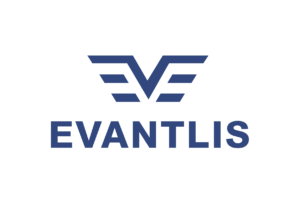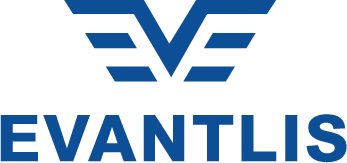

According to ASTM standards A36/A36M for steel fabrication and AWS D1.1:2020, achieving precise tolerances is crucial. Our skilled welders ensure adherence to these standards, delivering top-notch custom fabrication. Mastering these elements elevates welding fabrication to unparalleled levels of excellence for metal fabricators like us, ensuring high quality and enhanced production output.
We will help you build your advantage with Non Destructive Testing (NDT) :
